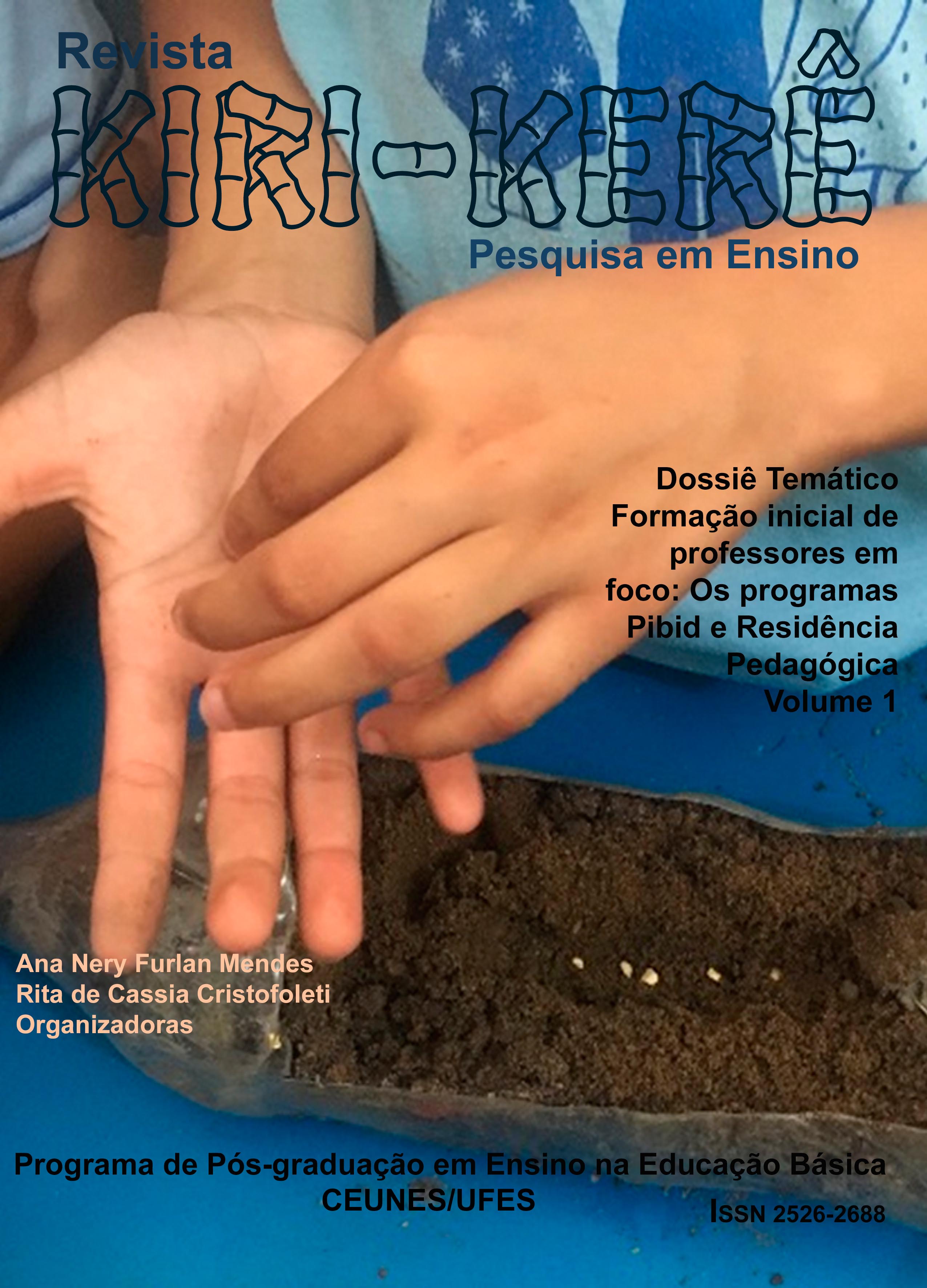Relações entre desenvolvimento profissional e coordenação de Projetos PIBID: um estudo bibliográfico
DOI:
https://doi.org/10.47456/krkr.v1i5.32578Resumen
Este artigo tem por objetivo apresentar os resultados de uma revisão bibliográfica sobre a relação entre o desenvolvimento profissional de professores de ensino superior e a coordenação de projetos PIBID. Para tanto, realizou-se um estudo bibliográfico narrativo, preliminar e não sistemático sobre os temas mencionados, abrangendo documentos legais, artigos, Teses e Dissertações. Os documentos selecionados foram organizados, codificados e analisados segundo os pressupostos da Análise de Conteúdo. Realizou-se uma discussão em três frentes analíticas: conceitual, contextual e investigativa. Na perspectiva conceitual, procura-se discutir sobre o desenvolvimento profissional de professores universitários, suas características e especificidades; na contextual, analisam-se os documentos legais sobre a implementação do PIBID e as atribuições do Coordenador de Área; e, na investigativa, apresentam-se os resultados de pesquisas sobre a potencialidade do PIBID no desenvolvimento profissional dos Coordenadores de Área. Os resultados do estudo bibliográfico mostram que: i) há necessidade da implementação de programas que contribuam para o desenvolvimento da profissionalidade docente dos professores do Ensino Superior; ii) o PIBID vem passando por diversas alterações ao longo dos anos: inicialmente, essas alterações foram profícuas, porém, nos últimos anos, tem-se caracterizado por prejudicarem a política de formação de professores; iii) as atribuições do Coordenador de Área mostram sua importância no planejamento das atividades do PIBID, sendo que diversas ações possibilitam seu desenvolvimento profissional; e iv) coordenar projetos PIBID contribui para o desenvolvimento profissional do docente, especialmente, pela aproximação da realidade escolar da Educação Básica e pelo trabalho colaborativo entre os atores do PIBID. Conclui-se que o PIBID tem contribuído para o desenvolvimento profissional dos Coordenadores de Área, o que pode se refletir na formação dos licenciandos, sejam eles participantes PIBID ou não.
Descargas
Publicado
Número
Sección
Licencia
Os autores aceitam, quando do envio de seus trabalhos, a cessão dos direitos editoriais dos mesmos.









